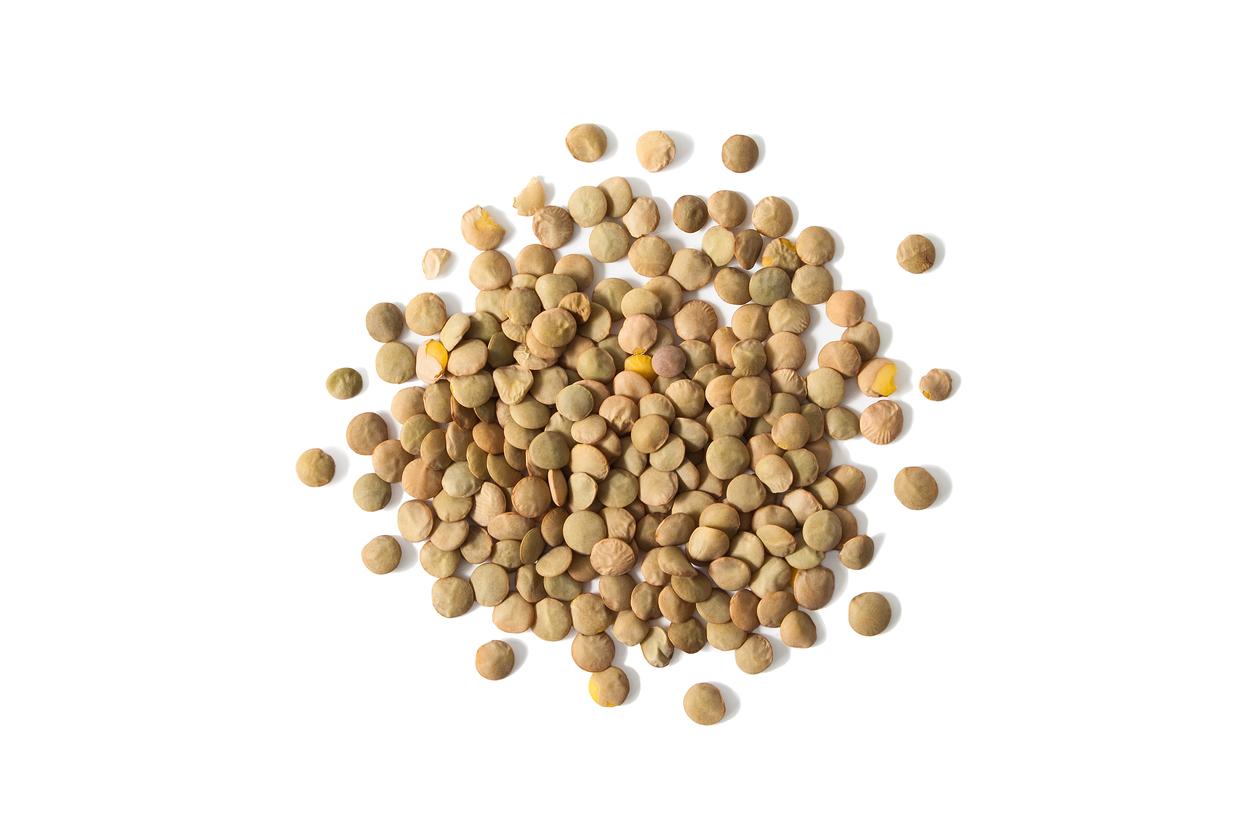February 19, 2009 – Regular consumption of eggs would have little effect on blood cholesterol levels and therefore on the risk of cardiovascular disease, new British study concludes1. Most people don’t have to restrict their egg intake, the researchers argue.
Despite the many studies2 on cholesterol that have cleared eggs, in recent years, the belief that their consumption should be limited to three per week is still widespread, deplore the authors of the study.
Their analysis of the results of several studies shows that even though eggs are high in cholesterol3, they contribute very little to the accumulation of blood lipids. In fact, only a third of the cholesterol in the blood comes from food, much of it from saturated fat and trans fat. Smoking, excess weight and lack of physical activity have a greater influence on the accumulation of blood cholesterol.
Many authorities, such as the British Heart and Stroke Association, now recognize eggs as part of a balanced diet. Instead, they recommend limiting consumption of high-fat meats and dairy products, as well as cakes and cookies.
According to the American Heart Association (AHA), eating one egg yolk per day may be acceptable, even for people with high cholesterol, if consuming other foods high in cholesterol, such as cheeses, cream, butter, and red meats, is limited.
However, people with diabetes should limit their egg consumption, according to a study published in 20084. The risk of heart attack would be higher in diabetics who consume a lot of eggs.
Emmanuelle Bergeron – PasseportSanté.net
According to Radio-Canada and BBC news.
1. Gray J and Griffin B. Eggs and dietary cholesterol – dispelling the myth. British Nutrition Foundation Nutrition Bulletin. 2009. 34, 66-70: www3.interscience.wiley.com. [Consulté le 19 février 2009].
2. To learn more about studies on eggs and cholesterol, see our Egg fact sheet.
3. An average egg would contain about 225 mg of cholesterol, or 391 mg per 100 g.
See our news on this subject: Diabetes: eating an egg a day would be harmful to health.

















